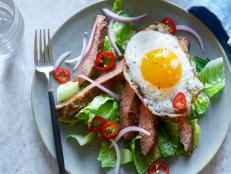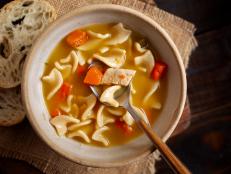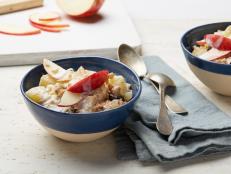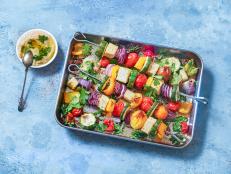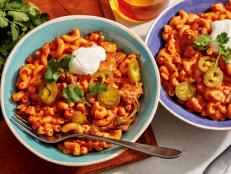Tips for Trying to Conceive
If you are trying to get pregnant in the next three to six months, then planning for pregnancy is one of the best steps you can take to boost your fertility and increase your odds of conception. While there are foods that may help boost your fertility, keep in mind there is no one specific magical food that will get you pregnant. For example, a Mediterranean diet is one eating pattern that has been shown to boost odds for conception, but it may not work for everyone. You'll also want to add a prenatal vitamin to your daily regimen, and stop using hormonal birth control, if you're on one. Hormonal birth control can contribute to nutrient deficiencies, particularly B vitamins such as folate, so taking the time to rebuild those nutrient reserves is key when planning for a healthy pregnancy.
Finally, remember that "it takes two to tango," so preconception and nutrition counseling is important for both partners. This is a period to evaluate not only your nutrition, but your overall lifestyle including sleep, movement, bloodwork, stress, and smoke and alcohol consumption as these can significantly impact your odds of conception and a healthy pregnancy and baby.




























